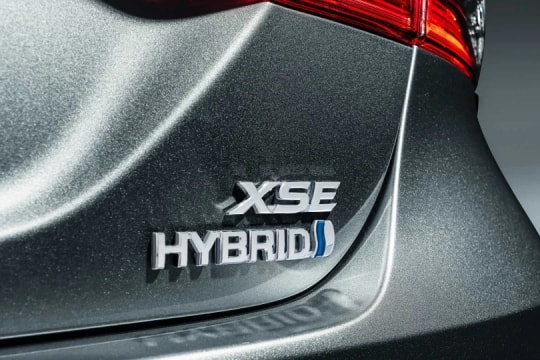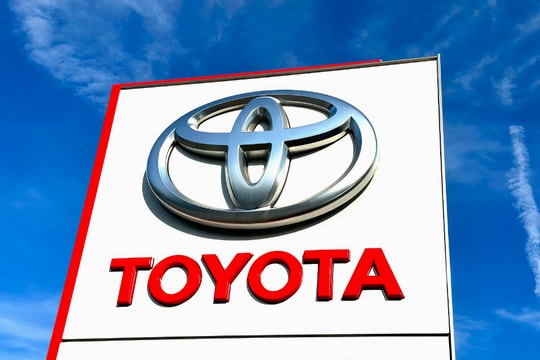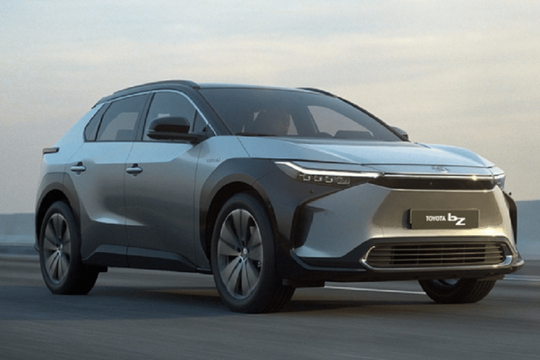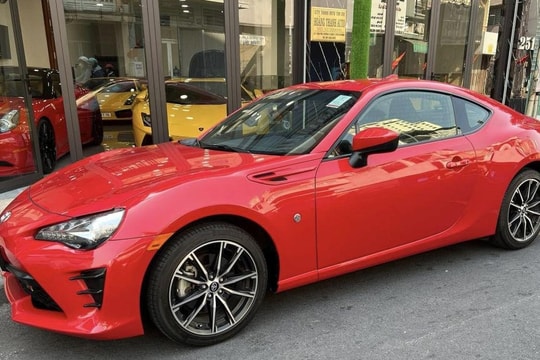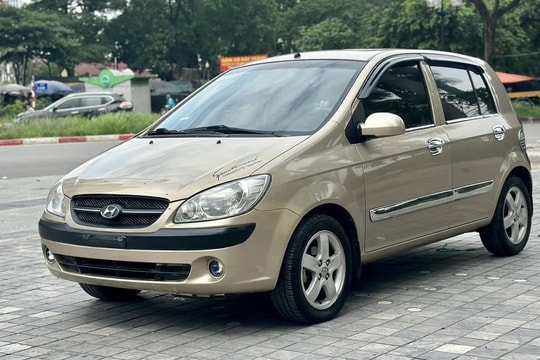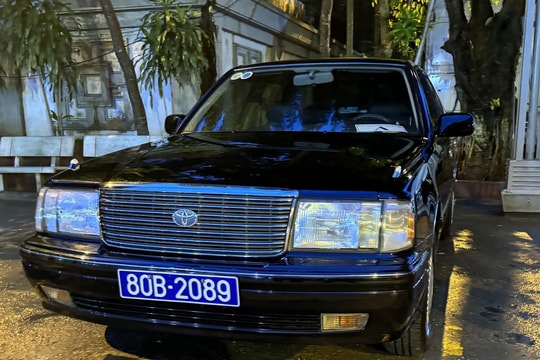Toyota and Honda stop importing cars into Vietnam
Two auto giants, Toyota and Honda, have just announced a temporary suspension of car imports into Vietnam.
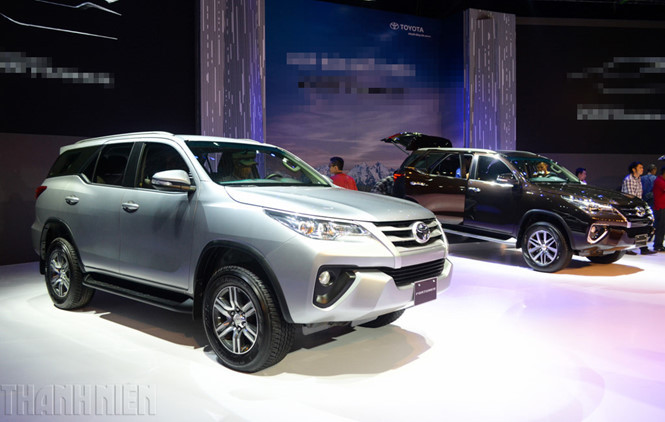 |
| Toyota has just announced a temporary suspension of importing complete cars into Vietnam. |
According to a report by the Ministry of Industry and Trade, in 2017, Vietnam spent nearly 320 million USD to import complete cars from Indonesia, an increase of over 600% compared to 2016.
According to the Ministry of Industry and Trade, the sudden increase in the number of completely built-up cars imported from Indonesia is not beyond the cause of the ASEAN Trade in Goods Agreement, the import tax on completely built-up cars from countries within the bloc decreased to 30% in 2017, and 0% in 2018.
Statistics from the General Department of Customs also show that two countries in the ASEAN region, Indonesia and Thailand, are the two main markets supplying cars to Vietnam since the beginning of 2017. And the wave of car price reductions in Vietnam in the past year also comes from the significant reduction in the price of imported cars from these two markets. However, the information that makes those who "dream" of buying imported cars from Japanese car manufacturers worried is the fact that two car manufacturers, Toyota and Honda, have just announced that they will temporarily stop importing cars into Vietnam from the beginning of 2018.
According to Nikkei Asian Review (Japan), car manufacturers have not met the strict requirements for import and inspection stipulated in Decree 116 of Vietnam. Nikkei Asian Review also said that Toyota has had a factory in Vietnam for more than 20 years, but the amount of cars this company imports from two ASEAN countries, Indonesia, Thailand and Japan, accounts for 20% of total sales in the Vietnamese market.
Toyota's main imported car lines include Hilux, Yaris, Fortuner pickup trucks and Lexus luxury cars.
On Honda's side, information said that the company has moved production of the CR-V SUV from Vietnam to Thailand to take advantage of the 0% import tax rate (using components produced in Thailand, within the ASEAN bloc).

